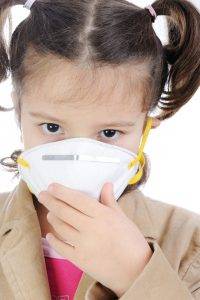No one wants to think about the things that may be floating around in the air when they are kicked back on the sofa, watching American Idol or CSI, but home air quality needs to be on the minds of every homeowner. Good indoor air quality makes a home cleaner and healthier, reducing the incidence of allergies and other illnesses.

Home Air Quality and Creepy-Crawly Places
We all remember when Dad used to yell when we held the door open (or maybe it is you as the Dad who is yelling now). Many people believe that most of the air leaks in a home, or the place where most “bad” air comes into the house, is through doors and windows, when actually only 20 percent of a home’s air leaks can be attributed to that problem. In fact, building scientists (yes, that is really a career) recently discovered up to 80 percent of the air coming into a home goes through an attached garage, crawlspace, basement, or attic (yeah, those creepy-crawly spaces). These places are loaded with such wonderful air inhabitants as mold spores, carbon monoxide, radon gas, crawlspace moisture (now that sounds pleasant) and other volatile organic chemicals—all of which can lower home air quality. Asking a licensed HVAC provider to conduct a home and duct performance test to protect your home from creepy-crawly space invasions is one way to improve your home air quality.
Pressure Imbalances
Your kids can contribute to poor home air quality even if they don’t stand with the doors open. Closing doors to bedrooms with no returns can cause negative air pressure, which sucks air in through those creepy-crawly spaces, so opening those bedroom doors can help protect against those pressures and also helps force those reclusive teenagers to become involved in family life. Now, you have an excuse to make them keep the doors open and their rooms clean – money saved on heating and air conditioning costs means more you can spend on them. A licensed HVAC technician can provide recommendations to be sure that pressure imbalances are not causing problems with your indoor air quality.
High Efficiency Air Filters
Another way to improve home air quality is to install new, high-efficiency air filters rather than the typical throw-away type that most homeowners use. Understand, however, that even the best filter cannot totally eliminate visible dust, so installing a better filter does not mean you can toss out the Pledge and dust rag. It also means you cannot call your HVAC technician and complain because you still have to dust your home.
These are just a few tips to help improve your home air quality, making your home cleaner and healthier. For more information about home air quality, visit our website and connect with us on Facebook, Twitter, YouTube and LinkedIn.




